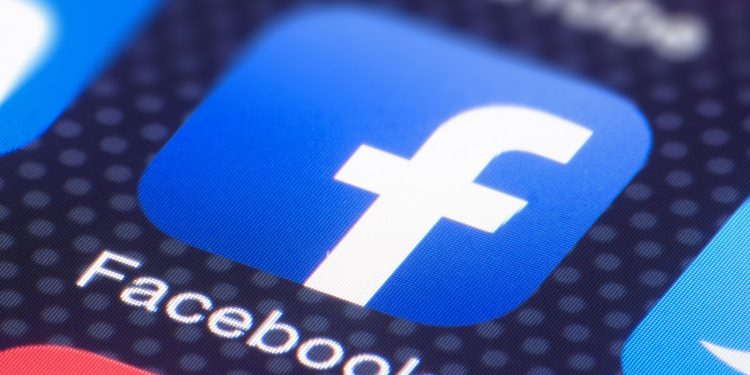New Delhi: The Supreme Court Thursday said that Delhi Assembly can seek information from Facebook and its officials in connection with their alleged role in the 2020 Delhi Riots, but the social media platform can’t be compelled to answer on issues relating to law and order and any other subject which falls under the Centre’s domain.
A bench headed by Justice Sanjay Kishan Kaul emphasized that Facebook officials can choose not to answer questions, which are beyond the scope of legislative powers of the Delhi Assembly.
The top court upheld Delhi Assembly’s powers to constitute committee to examine Delhi Riots of 2020 but made it clear that the committee cannot act like a prosecuting agency.
The bench said the Delhi Assembly itself has no jurisdiction over law-and-order situation and the police, therefore, the peace and harmony committee cannot examine criminal cases and nature of evidence in connection with the riots.
The top court made it clear that if Facebook official decides to appear before the committee, that official cannot be forced to answer questions and the committee, for this action, could not proceed in breach of privilege of House against the official.
The top court emphasized that it wasn’t within the legislative mandate of the Delhi Assembly to say Facebook should be named as an accused and prosecuted in the Delhi riots.
The Delhi government’s Peace and Harmony Committee had summoned Facebook India Vice President and MD Ajit Mohan as an expert witness on the misuse of Facebook for disseminating hateful content during February 2020, Delhi riots.
The committee had issued summonses to Mohan on two occasions allegedly stating that his non-appearance would be treated as breach of privilege.
IANS






































